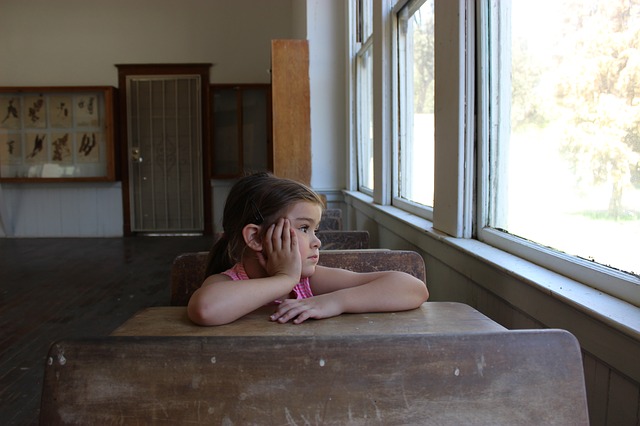
The issue comes up a lot in public schools about a student’s free speech rights. Students do not lose their free speech rights by walking into the school building. However, their free speech rights vary depending on the circumstances. For example, if the child is speaking in a student publication like the student newspaper, on the student loudspeaker, or giving a comment at a football game in front of the public on the behalf of the school, the school has a right to know ahead of time what the child is going to say. It has a right to exclude certain things the child might say, it has a right to stop the child from saying certain things, and can discipline the child.
Because the child’s speech involves the school, it may be misinterpreted by the public as being, somehow, blessed by the school in some way. That gives the school a lot of power over what is said within the context of the school. The child also does not have free speech rights to disrupt the school. He can’t be in the hallways cursing or causing problems with other students. The code of conduct can come into play and the school has every right to discipline a child for things that they say in the school hallway.
However, once we get outside of what is going to be seen as a statement of the school or it gets outside of the context of the school property or a school event, now the child has free speech rights just like they have in every other case whether they were in school or not. For example, there are cases where students have put up parody websites making fun of school administrators, even saying some pretty horrible things about school administrators. The courts have been very consistent in saying that as long as they have not caused a substantial disruption back at the school, they have every right to make those kinds of comments every right to take those kinds of positions.
The law firm of Mattleman, Weinroth & Miller, P.C., is composed of experienced education attorneys throughout the states of New Jersey and Delaware. Please contact the office for a free initial consultation and get any questions answered regarding your specific case.

